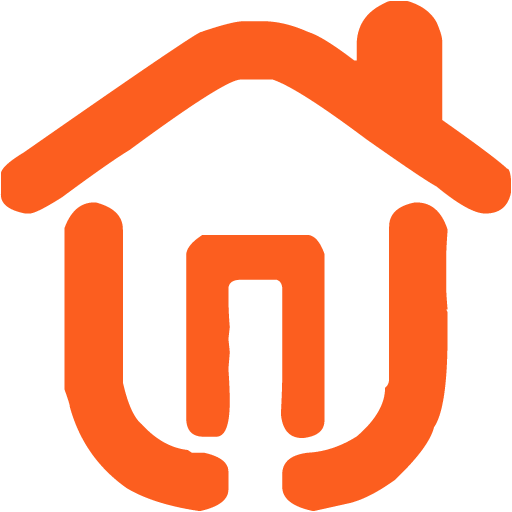The Top 5 Home Automation Systems for Homes
Home automation systems have revolutionised the way we interact with our living spaces, offering unprecedented convenience, security, and efficiency. With a plethora of options available, choosing the right system can be daunting. This article explores the top five home automation systems, highlighting their features, benefits, and suitability for different needs.
1. SmartThings
SmartThings, developed by Samsung, is renowned for its versatility and compatibility with a wide range of devices. It supports over 5,000 smart devices, making it an excellent choice for those seeking a comprehensive automation solution. The system uses both Zigbee and Z-Wave protocols, ensuring seamless integration with various third-party devices.
- Features: Voice control compatibility with Amazon Alexa and Google Assistant, intuitive mobile app interface, and robust automation capabilities.
- Pros: Extensive device support, user-friendly app, and no monthly fees.
- Cons: Some users may find the app interface cluttered.
SmartThings is ideal for tech-savvy users who want a highly customisable and expandable smart home system.
2. Amazon Alexa
Amazon Alexa is a leading voice assistant that integrates seamlessly with numerous smart home devices. Its ecosystem includes a variety of devices such as the Echo Show and Echo Dot, which can control everything from lighting to security systems.
- Features: Voice control, integration with thousands of smart devices, and routines for automating daily tasks.
- Pros: Wide range of compatible devices, easy setup, and strong voice recognition capabilities.
- Cons: Limited customisation options compared to other systems.
Alexa is perfect for users who prioritise voice control and want a straightforward setup process.
3. Google Home
Google Home, powered by Google Assistant, offers a comprehensive smart home experience with a focus on voice control and integration with Google’s ecosystem. Devices like the Google Nest Hub provide a central control point for managing smart devices.
- Features: Voice control, integration with Google services, and support for a wide range of smart devices.
- Pros: Strong integration with Google services, excellent voice recognition, and a user-friendly interface.
- Cons: Slightly less third-party device support compared to Alexa.
Google Home is ideal for users who are already invested in the Google ecosystem and value seamless integration with Google services.
4. Apple HomeKit
Apple HomeKit offers a secure and user-friendly smart home solution for Apple users. It integrates with Siri for voice control and provides a cohesive experience across Apple devices.
- Features: Secure device pairing, voice control with Siri, and integration with Apple’s ecosystem.
- Pros: Strong focus on privacy and security, seamless integration with Apple devices, and easy setup.
- Cons: Limited to Apple-compatible devices, which can restrict device options.
HomeKit is best suited for Apple enthusiasts who prioritise security and are looking for a system that integrates seamlessly with their existing Apple devices.
5. Home Assistant
Home Assistant is an open-source home automation platform that offers unparalleled customisation and flexibility. It supports a wide range of devices and protocols, making it a powerful tool for advanced users.
- Features: Local control, extensive device support, and customisable automation scripts.
- Pros: Highly customisable, no cloud dependency, and strong community support.
- Cons: Steeper learning curve and requires technical expertise for setup.
Home Assistant is perfect for tech-savvy users who want complete control over their smart home setup and are comfortable with a more hands-on approach.
Choosing the right home automation system depends on your specific needs, technical expertise, and existing ecosystem preferences. SmartThings and Home Assistant offer extensive compatibility and customisation, while Amazon Alexa and Google Home provide user-friendly voice control options. Apple HomeKit prioritises security and seamless integration for Apple users. By understanding the features and limitations of each system, you can select the one that best aligns with your lifestyle and smart home goals.
